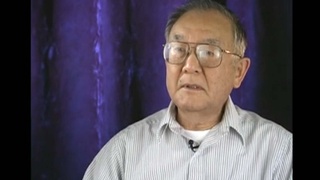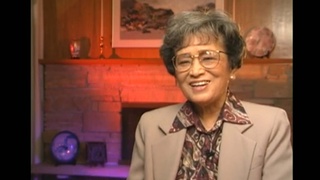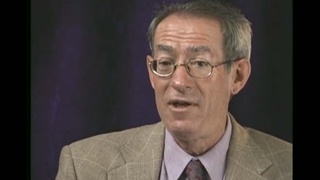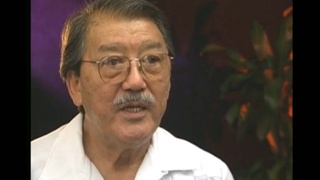Interviews
Findings of the commission report
You know, then the final commission report, it came out and said that there was a "gross violation of the constitutional rights of people of Japanese ancestry." And it said that the... that redress, an apology and a redress payment, they recommended $20,000 should be made, and that the reason the evacuation and internment occurred was because of historical racial discrimination, wartime hysteria, and weak political leadership. And so it really, it just, it brought everything together, all the loose ends. And it dealt with the "magic cable" issue, I mean, it just, when people were saying, "Well, what about those 'magic cables'?" then you could hold up the report and say, "Well they studied that issue, and it was a lot of nonsense."
Date: July 4, 2008
Location: Colorado, US
Interviewer: Tom Ikeda
Contributed by: Watase Media Arts Center, Japanese American National Museum








